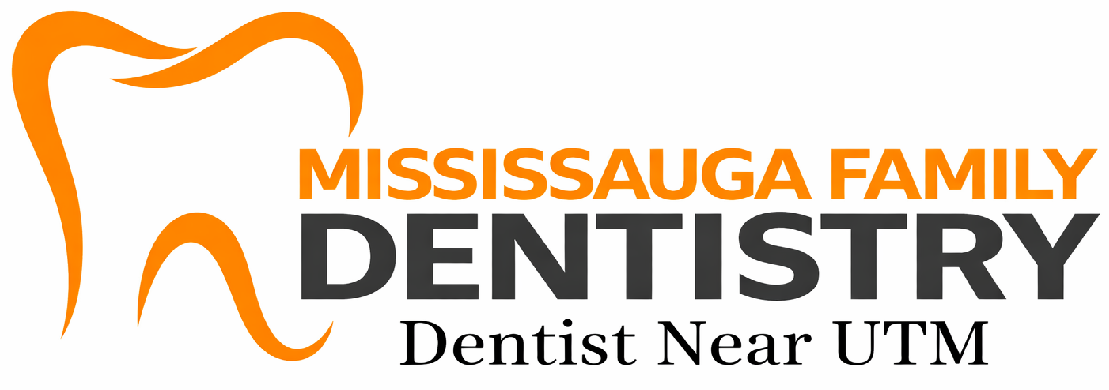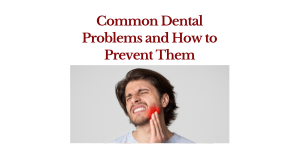Taking care of your teeth is essential for overall health, yet many people overlook it until they experience discomfort or pain.
Common dental issues, ranging from cavities to gum disease, can result in more serious health cases if left untreated.
Fortunately, most of these matters can be avoided with regular dental care and a few preventative habits.
Here, we’ll explore some frequent dental problems and provide practical tips for keeping your teeth and gums healthy.
Cavities: The Most Common Dental Concern
Tooth decay, commonly known as cavities, is one of the most frequent dental problems.
Caused by the buildup of plaque—a sticky film of bacteria that adheres to teeth—cavities can result in pain, infection, and tooth loss if untreated.
Plaque bacteria consume sugar and starch from food, releasing acids that gradually wear down tooth enamel.
Prevention Tips:
- Use fluoride toothpaste to brush your teeth morning and night, helping to clear away plaque.
- Floss daily to clean areas between teeth where plaque builds up.
- Limit sugary snacks and beverages, as these fuel the bacteria that cause decay.
- Visit your dentist regularly for routine teeth cleaning and exams to catch cavities early.
Gum Disease: Don’t Ignore the Early Signs
Gum or periodontal disease starts as gingivitis, where gums become red, swollen, and bleed easily.
If left untreated, it progresses to periodontitis, leading to receding gums, tooth loss, and even jawbone damage.
Early gum disease can be easy to overlook, so it’s essential to recognize symptoms.
Prevention Tips:
- Practice dental care by brushing and flossing daily to remove plaque along the gum line.
- Use mouthwash to reach areas that brushing may miss and reduce bacteria levels.
- Quit smoking, as it notably heightens the risk of gum disease.
- Book a professional dental cleaning at least two times a year to remove stubborn plaque and tartar.
Tooth Sensitivity: More Than Just a Nuisance
Tooth sensitivity is often a sharp sensation when indulging in hot, cold, or sugary foods and beverages.
It occurs when the enamel wears down, exposing the sensitive inner layers of the tooth.
Tooth sensitivity may also stem from pulled-back gums or teeth grinding.
Prevention Tips:
- Use toothpaste for sensitive teeth to help build enamel strength.
- Avoid acidic foods like citrus fruits and soda, which can erode enamel.
- Wear a mouthguard if you grind your teeth, especially at night.
- Brush gently with a soft-bristled toothbrush to avoid damaging enamel and gums.
Bad Breath: Causes Beyond Food
Bad breath, also known as halitosis, is often due to poor oral hygiene, gum condition, or dry mouth. While certain foods contribute to odor, a lingering problem could indicate a deeper dental issue.
Prevention Tips:
- Brush your tongue when brushing your teeth to remove odor-causing bacteria.
- Stay hydrated, as saliva helps wash away food particles and bacteria.
- Chew sugar-free gum to boost saliva production if you have a dry mouth.
- Periodic dental checkups help pinpoint any underlying issues contributing to bad breath.
Preventing Dental Problems with Regular Dental Care
Consistent dental care is essential for maintaining a healthy smile. Regular brushing, flossing, and professional teeth cleaning are foundational for preventing common dental issues.
Committing to these practices can allow you to enjoy strong teeth and gums for years. Remember, good dental habits are easy to maintain and can prevent more complex treatments.
Keeping up with dental care helps you avoid cavities, gum disease, and other issues and ensures a confident smile every day.

